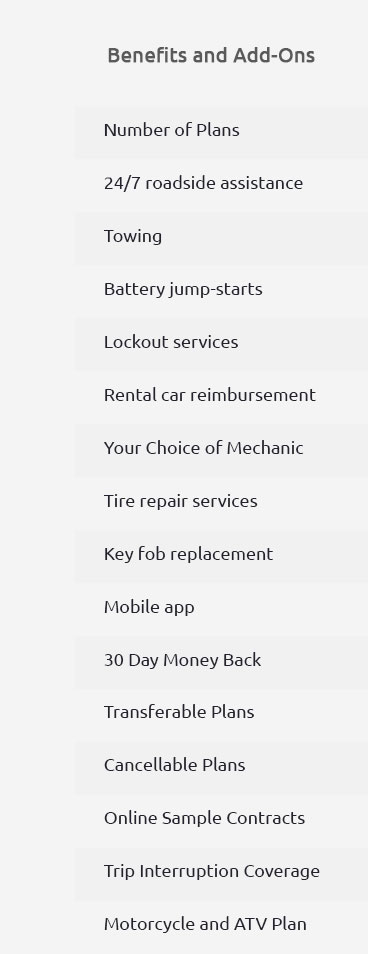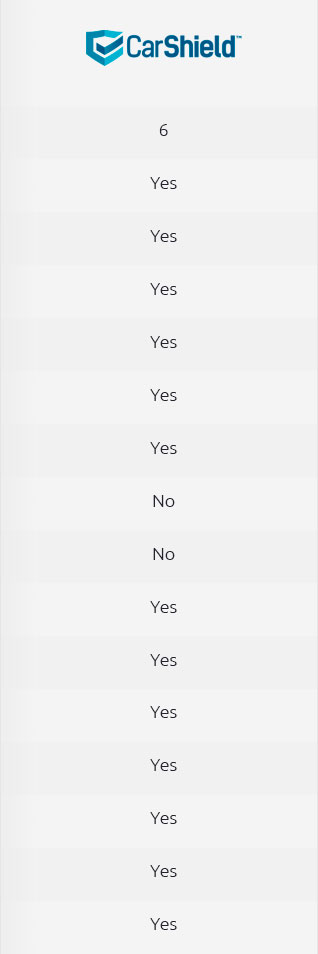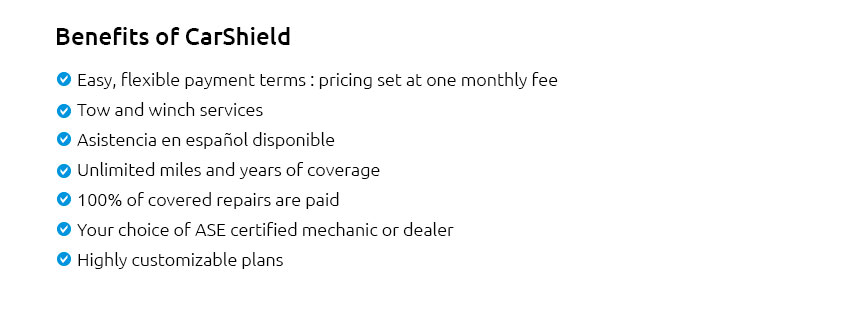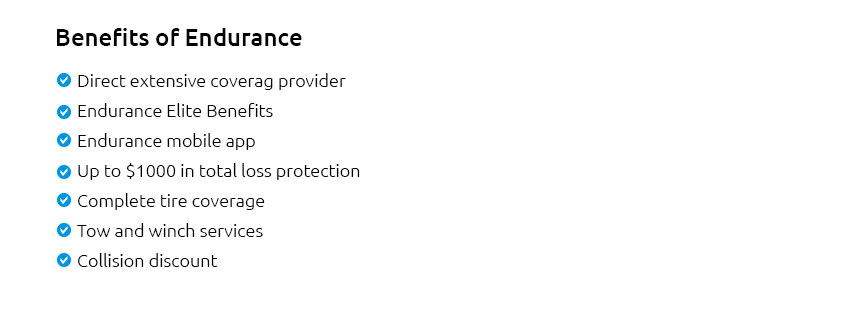 |
 |
 |
 |
 |
|||
 |
|||
 |
 |
 |
|
 |
|||
 |
|
 |
|
 |
|
 |
|
 |
|
 |
|
 |
|
 |
|

Gap Protection: A Comprehensive Coverage GuideIn the world of vehicle ownership, particularly in the United States, understanding the intricacies of gap protection can be crucial. This coverage acts as a financial safeguard, bridging the gap between what you owe on your vehicle and its actual cash value in the event of a total loss. Let's delve into the essentials of gap protection and how it can offer peace of mind for U.S. consumers. What is Gap Protection?Gap protection is an optional car insurance coverage that helps pay off your auto loan if your car is totaled or stolen and you owe more than the car's depreciated value. This type of protection is particularly beneficial in scenarios where vehicles are financed or leased. Why Consider Gap Protection?Imagine driving your brand-new car off the lot in Chicago. Unfortunately, a few months down the line, you face an accident, and the car is deemed a total loss. Without gap protection, you could be responsible for paying the difference between the insurance payout and what you still owe on the loan. Gap protection can prevent this financial strain.
What Does Gap Protection Cover?Gap protection typically covers the difference between the amount your auto insurance company pays and the balance you owe on your car loan. However, it's essential to understand the specifics of your policy, as coverage can vary. Key BenefitsCost-effective: Compared to the potential financial loss, gap insurance is relatively inexpensive. It's a small price to pay for substantial peace of mind. Who Needs Gap Protection?Gap protection is particularly recommended for those who:
For example, if you're considering a General Motors extended warranty, you might also explore gap protection for added security. Extended Auto Warranties and Gap ProtectionWhile gap protection covers the financial gap, extended warranties focus on covering repair costs post-manufacturer warranty. Both offer valuable protection, but serve different purposes. In Los Angeles, for instance, you might find these policies beneficial due to the high cost of living and repairs. For those driving a Honda, exploring a Honda Care extended warranty alongside gap protection can provide a comprehensive shield against unexpected costs. Frequently Asked QuestionsIs gap protection mandatory?No, gap protection is not mandatory, but it is highly recommended for those with financed or leased vehicles to avoid potential financial burdens. How do I know if I need gap protection?Consider your financial situation and the terms of your vehicle loan or lease. If you owe more than your vehicle's current value, gap protection could be beneficial. Can I add gap protection after purchasing a car?Yes, many insurers allow you to add gap protection to your policy after the initial purchase. Check with your insurance provider for specific details. https://www.tdi.texas.gov/tips/gap-insurance.html
Gap insurance covers the difference between what you owe on your car and what it's worth. You might need it if your car is worth less than what ... https://www.geico.com/auto-insurance/gap-insurance-coverage/
Gap insurance is a type of auto insurance typically purchased for leased or financed vehicles. If your vehicle is totaled, your standard auto insurance policy ... https://en.wikipedia.org/wiki/Guaranteed_asset_protection_insurance
Guaranteed asset protection insurance (or GAP Insurance) is an insurance coverage offered as a supplement to automobile insurance policies or auto loans.
|